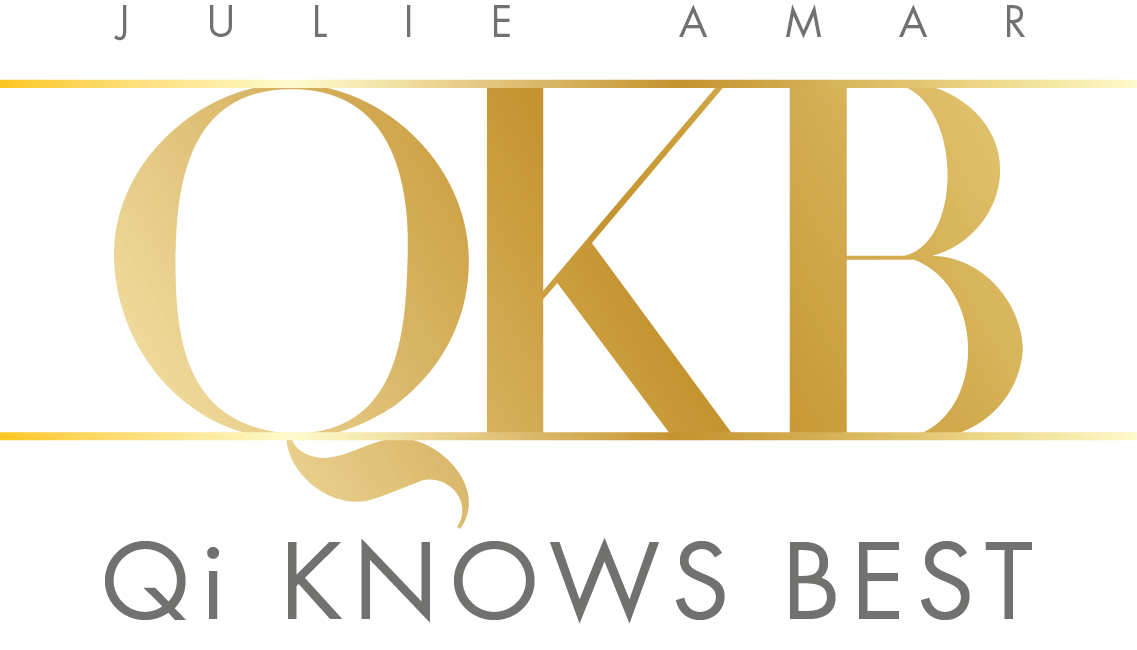Overwork is draining your Qi! Learn how to top it up again.
Over the last 15 years in my practice, I have seen a significant increase in younger professionals developing health issues that don’t usually appear until the body has experienced the wear and tear of natural aging.
The group I’m talking about are in their late twenties and early thirties. They tend to manifest more and more issues that are chronic signs of a sped-up aging process, requiring them to start taking pre-diabetic, blood pressure or cholesterol medication, along with a barrage of antacids and heartburn medications. This translates to a quicker drop of kidney Qi essence (aka, Jing)—weak vision, low back pain, weak knees, dry mouth and more. Even their spines are degrading at lighting speed, compared to someone in their sixties who may see the natural changes to the spine that come with progressive aging.
They are part of a growing group of patients that take their poor habits from post-secondary education—such as pulling all-nighters and having a poor, nutrient-deficient diet—into the start of their careers.
How can these young professionals expect to do well and live a meaningful life if they aren’t practicing balance? They’re being set up to fail—in their health and in their own body’s ability to heal.
One issue of particular concern for your Qi is excessive screen time.
Remember what working in an office was like 25 years ago? Desk work involved constant movement from one office to another to interact with co-workers, not instant messaging. Retrieving files involved walking over to a file cabinet and physically getting your hands on what you were looking for. And, when the workday was over, that file did not go home with you.
Staring at a computer for an eight-hour day has become a normal, accepted work practice, and your professionals are expected to be constantly available via technology on top of that. And then, when the workday is over, the stimulation continues with smartphones, iPads, and home technology, all of which encourage you to stay online.
Sitting at a desk is the quickest way to age quicker. Staring at a computer screen for prolonged periods of time creates eyestrain and eye fatigue. And checking and returning emails at night is not a convenience; it’s overstimulation that cuts into the wrong time of day. The blinking lights of a computer screen are so quick the human eye can’t decipher how intense they really are, and the effect is overstimulation. I’ve written in the past about the specifics of what this does to your body—read more here if you’re curious to understand.
All of this is even worse at the moment, with the added strain of COVID stress and Zoom fatigue, with lots of young professionals suddenly having to work from home. Even beyond the screen time, it’s as if the lack of clear separation between work space and personal space is translating into a lack of clear separation between work time and personal time!
Imbalance in life leads to imbalance in health.
Yin deficiency is the most common imbalance associated with chronic computer use. Symptoms can include:
Agitation
Anxiety
Constipation
Dizziness and lightheadedness
Dry eyes
Dry mouth and dry throat
Eye disorders
Hearing problems or changes
Hot sensations in the palms, soles or chest
Insomnia
Night sweats
Palpitations
Poor memory
Ringing in the ears
Seminal emission
Soreness and weakness of the lower back and knees
Spontaneous sweating
“Tired but wired”
All of these are signs of Qi fatigue and kidney yin depletion. As well, when you’re experiencing constant eyestrain, it tires the kidney Qi, creating a loop effect, causing more deficiency as the kidney Qi loses it ability to nourish and strengthen the eyes.
Often times when symptoms begin to arise, people brush them aside, but that’s your body signalling a red light on the dashboard, asking for a tune-up before everything poops out.
What’s the solution to all this Qi-draining overwork?
To prevent kidney yin fatigue, the nervous system must operate a majority of the time in a parasympathetic state, otherwise known as “rest and digest.” Here are some tips for how to help you navigate from the franticness of excessive yang toward harmony with yin.
Schedule. The first thing to do is set a schedule around computer and screen time, to help you retain the normal amount of kidney yin. Lots of kidney yin essence will keep you youthful and thriving well into your nineties!
Sleep. Finishing work should mean winding down and promoting yin restorative activities to prepare for rest and sleep. Check out some of my sleep tips if you need help with this!
Chrysanthemum tea. This helps to nourish kidney yin to strengthen and help vision, clears liver fire, and induces a gentle detoxifying effect to open the liver ducts.
Adaptogenic herbs. These herbs will up-regulate or down-regulate functions depending on what’s required to restore balance to your unique system. They help with overall resilience, adaptability, longevity and vital health. The following herbs are particularly good for strengthening the kidneys, and are aligned with self-care and nourishing the mind:
Ashwagandha: Helps to reduce tense, stressed or anxious feelings.
Schisandra: For some people, stress feels like a tense jaw, tight muscles and type-A personality due to stuck liver Qi energy. Schisandra helps to move that energy and allows you to adapt to the stressors you can’t remove right now (such as COVID or homeschooling). It’s really helpful when you’re feeling tense, irritable, stuck and frustrated.
Reishi: This mushroom is helpful for overthinking, overstimulation, and a panicked mindset.
Overall, remember that it’s much better to take a wellness day instead of dealing with a constant cycle of colds and flus or hitting total burnout. And of course, right now with COVID, it’s more important than ever to take really good care of your body and your immune system.
It may seem counter-intuitive, but for a long and productive career, you gotta put your health and your Qi first.
xo

